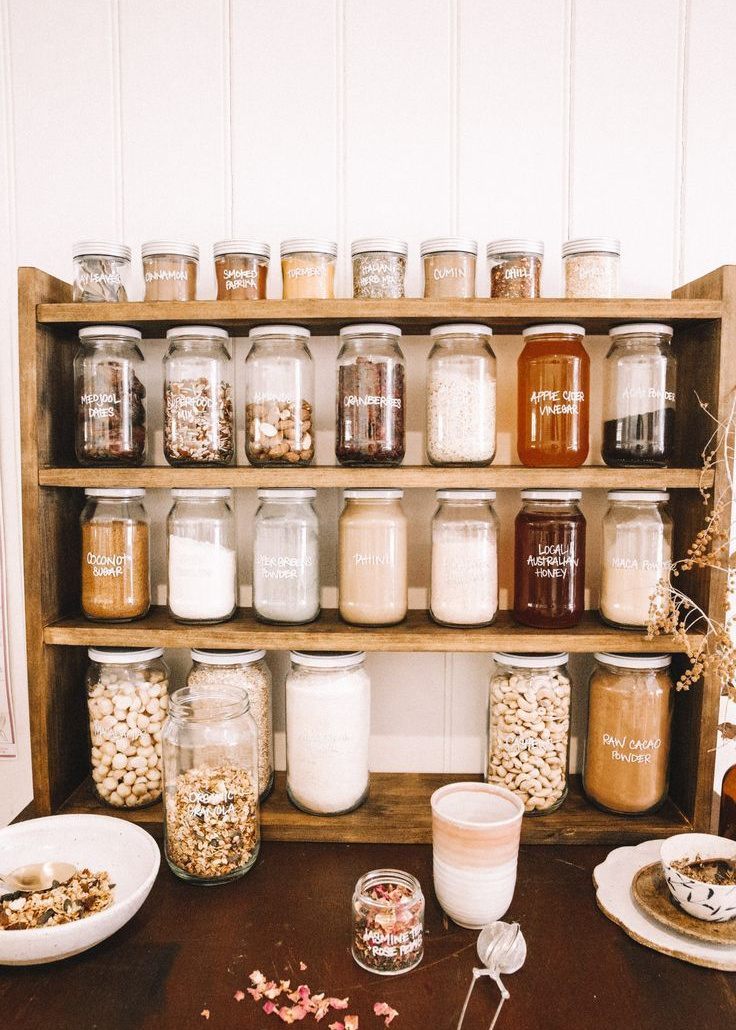
Image Lukas Budimaier/Unsplash
- Culture
The ultimate guide to organic shopping
How to buy organic produce on a budget, according to a nutritionist
BY ZOE DENT
I’ve always understood that eating organic produce is better for our health, however like most people, whenever I was at the supermarket comparing an $8 chicken to a $28 one, I often just ignored my brain and grabbed the cheaper one.
The irony is, having eaten mainly organically for the last few years I can honestly say I am spending less money as I’m not making any impulse purchases at the supermarket and my family’s health is so much more vibrant as a result. My advice to anyone who feels daunted by making the change is start small – if farmers markets don’t work for you, then find an organic food box delivery, visit your local organic shop or join a food co-op for bulk produce and vote with your dollar to support ethical, seasonal local suppliers.
PRIORITISE YOUR HEALTH
To make the initial change you do need to ensure it is on the top of your ‘to do’ list. Whilst this sounds daunting, it simply means setting aside a few hours a week – ideally 30 minutes to plan your weekly meals, one hour to shop and one hour for meal prep.
FIND YOUR LOCAL FARMER’S MARKET
I found the easiest way for me to switch to ethical eating was to stop shopping at the big chain supermarkets. Instead I found a local farmers market where it is a joy to shop. I generally spend about $80 a week this way rather than spending $100 every other day when in the supermarket. Over time I did my research on the stallholders and found an amazing producer who sells mainly organic or in conversion (where the farmer is switching to organic) fruit and vegetables, and this is where I spend the bulk of my weekly fresh food shop. Shopping this way ensures you eat seasonally- which not only reduces food miles but is more affordable and nutrient dense.
BUY IN BULK
I then get most of my dry goods from a bulk wholefoods store or co-op, which also ensures you avoid using plastic as you can bring your own containers to refill the exact ingredients you need. To bring the cost of these goods down even more I recently ventured out to Costco, which surprisingly has an amazing range of organic nuts, nut flours, seeds, spreads, gluten free crackers, frozen berries and wild caught Sockeye salmon. Because it’s in bulk and wholesale, most items are one third to half the cost of your local organic shop. For example a 2kg tub of organic tahini was around $17 where previously I was paying $8 for a 375g jar.

EAT LESS MEAT
We only have meat once or twice a week for dinner as I believe the bulk of meals should be fresh fruit and vegetables, with nourishing fats and protein as the ‘dressing.’ So when we do I choose fresh wild caught sustainable fish from our local seafood shop, and I am now more than happy to pay full price for an organic chicken at my local butcher every few weeks which then forms the basis of my chicken stock for soups and stews.
MEAL PREP
To replace packaged goods (that add to your grocery bill) I make my own snacks and gluten free breads during my weekly food prep. In an hour you can easily bake a paleo pumpkin loaf, a seedy lunchbox slice and spinach and chicken balls, along with some roast or chopped raw vegetables so you have snacking options for the week. I promise cooking doesn’t come naturally to me – this is something anyone can do!
BABY STEPS
If farmers markets don’t work for you, then find an organic food box delivery, visit your local organic shop or join a food co-op for bulk produce. If this still seems overwhelming then just start small. You don’t have to make all the changes at once a month focus on finding affordable local organic fruit and vegetables, the next month you can search for meat options, the following month you might start to swap some of the packaged foods you buy for making your own, and go from there.
Zoe Dent lives in Avalon with her husband and two children, has a diploma in Nutritional Medicine and is currently studying a Bachelor of Health Science in Western Herbal Medicine, visit Find Your Glow
